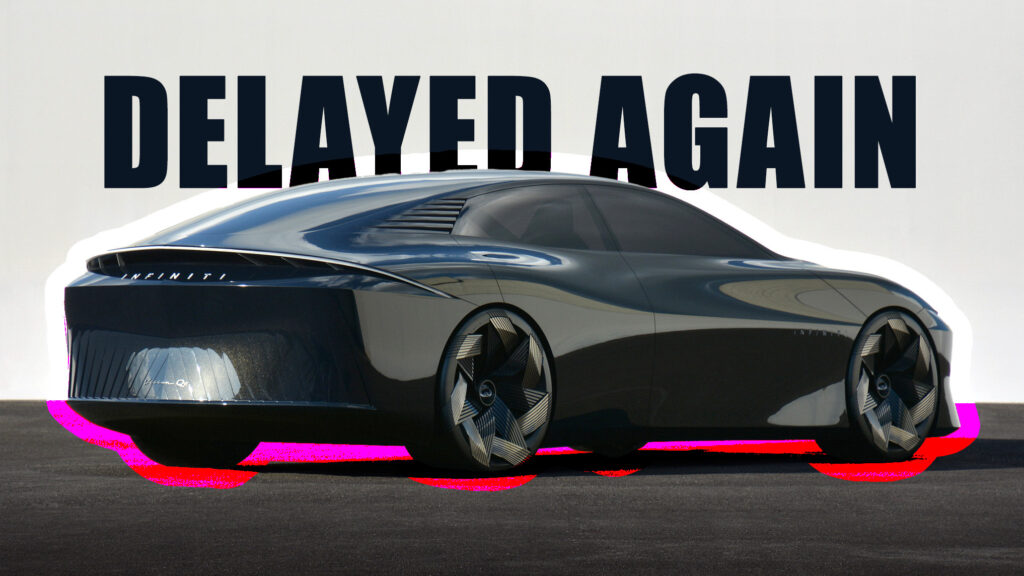The cooling EV market has spooked Nissan, prompting it to delay production of two American EVs nearly half a year
12 hours ago
 –>
–> 
–>
Nissan appears to have been spooked by slowing growth in the electric vehicle segment and has twice decided to delay the start of production of EVs at its American plant. This makes it the most recent automaker to adjust its electric vehicle plans in response to concerns about demand for these vehicles in the United States after GM, Ford, Audi and other brands.
Despite 2023 marking the best year on record for U.S. EV sales, the growth rate in the fourth quarter was lower than the previous year. Additionally, dealers are reporting that EVs are spending more time on their lots.
Now, Nissan cited a “need to enhance product competitiveness” as being behind its decision to delay the production of a pair of new electric cars at its Canton, Mississippi, plant, in a memo seen by Autonews. As a result, the first sedan, intended for the Nissan brand, will start rolling through the production line in November 2026. The second, which will be marketed as an Infiniti, will start production in April 2027, according to the memo.
advertisement scroll to continue
Read: Infiniti Vision QE Concept Previews Electric Fastback Sedan Coming In 2025
[embedded content]
This marks a five-month delay from the automaker’s initial schedule, following two previous delays: one of three months and another of two. An unnamed source informed Autonews that Nissan is worried about the profitability and demand for EVs.
Prices for electric vehicles remain high on average, and with elevated interest rates currently affecting the sale of big-ticket items like premium cars, there are concerns that sales in this category may soon experience their first year-over-year declines in recent memory.
That has prompted GM to postpone the start of electric pickup output until the end of 2025, while Ford is dialing back its plans for the F-150 Lightning production in 2024. Autonews’ source said that the industry is “spooked” and that many automakers are reassessing their R&D investments.
EV production justified a $500 million investment in Nissan’s Canton plant, which is poised to become the hub of the automaker’s North American electrification initiative. These new EVs are intended to replace the Titan, which ceases production this summer, and the Altima, expected to conclude production by late 2025. Nissan is currently contemplating extending the run of the internal combustion engine sedan for another year.


